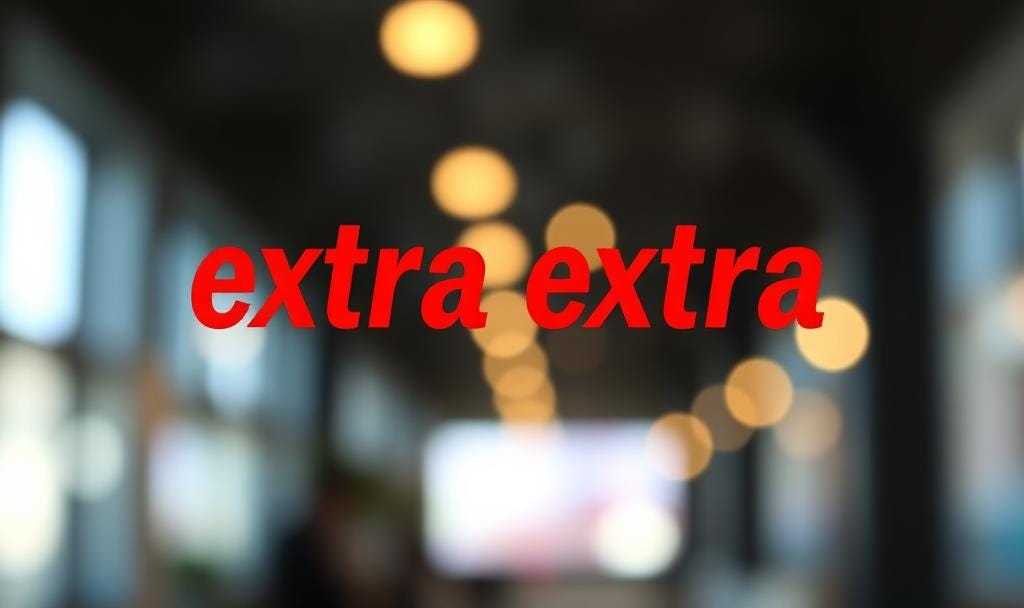Dear Friends,
Last year I had the pleasure of speaking to a local homeschooling group to help the children fulfill their civics requirements. I spoke about my job in the legislature, but I also spoke on the importance of citizen engagement as well as the type of government we have (a republic) and why. People often use the terms "republic" and "democracy" interchangeably, but they are two very different systems of government. Understanding the distinction is critical, especially for those who value limited government and individual freedom. When the United States was founded, the Founding Fathers intentionally chose to create a republic, not a pure democracy, because of the risks posed by unchecked majority rule.
The United States is a constitutional republic. In this system, the people elect representatives who govern on their behalf, but these representatives must follow the rules set by the Constitution. The Constitution protects individual rights and ensures that government power is limited. This system helps prevent any one group from gaining too much control and protects the rights of individuals, including those in the minority.
A key feature of a republic is its reliance on the rule of law. Laws are created and enforced according to the Constitution, which ensures that the government acts within its boundaries. This protects personal freedoms and prevents the government from acting solely based on the will of the majority at any given moment.
Additionally, a republic follows the principle of dual federalism, where power is shared between the federal government and the states. This division allows states to govern based on their own unique needs, without excessive interference from the federal government.
In contrast, a pure democracy gives the majority the power to decide everything, often without considering the rights of individuals or minorities. In a democracy, decisions are made directly by popular vote, and whatever the majority wants becomes law. While this may seem fair, it can lead to what is often called "mob rule," where the majority can trample on the rights of others.
Without safeguards like a constitution, a democracy can become unstable. The majority can make decisions based on emotion or temporary desires, which can lead to chaos or injustice. History shows that pure democracies often fail because they lack protections for individual rights. The Founding Fathers were aware of this danger and wanted to avoid the instability of direct democracy.
As James Madison wrote in Federalist No. 10, democracies are prone to "turbulence" and are often incompatible with personal liberty and property rights. To prevent these problems, they built a republic that relies on elected representatives and the rule of law to ensure stability and fairness.
A republic provides stronger protections for individual liberty and prevents the tyranny of the majority. It ensures that laws are made within the framework of the Constitution, respecting everyone’s rights and maintaining stability.
Defending the republic is essential for preserving the freedoms that define America. While democracy risks falling into mob rule, a constitutional republic balances the will of the people with the protection of personal liberty and the rule of law.
In Liberty,
Senator Tammy Nichols
Consider making a reoccurring monthly donation of $10 to help me in my continued efforts protecting liberty and fighting for freedom by clicking the button below!
Keep reading with a 7-day free trial
Subscribe to Nichols for Idaho to keep reading this post and get 7 days of free access to the full post archives.







